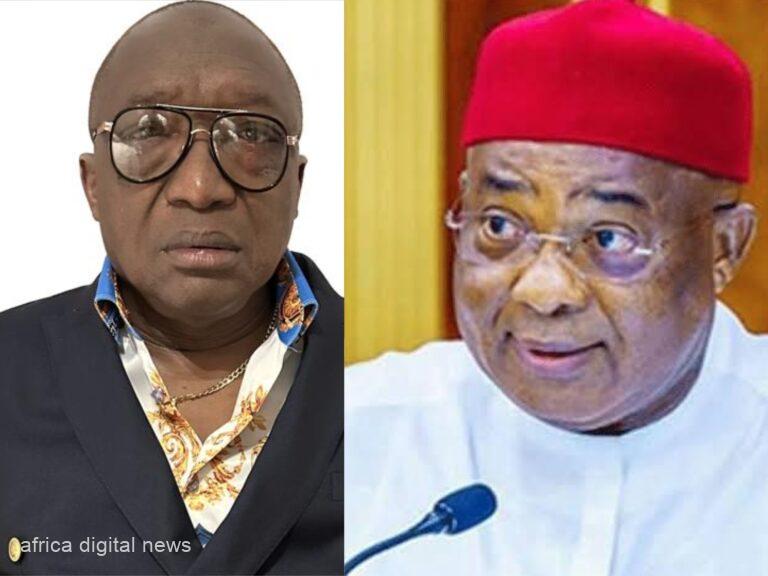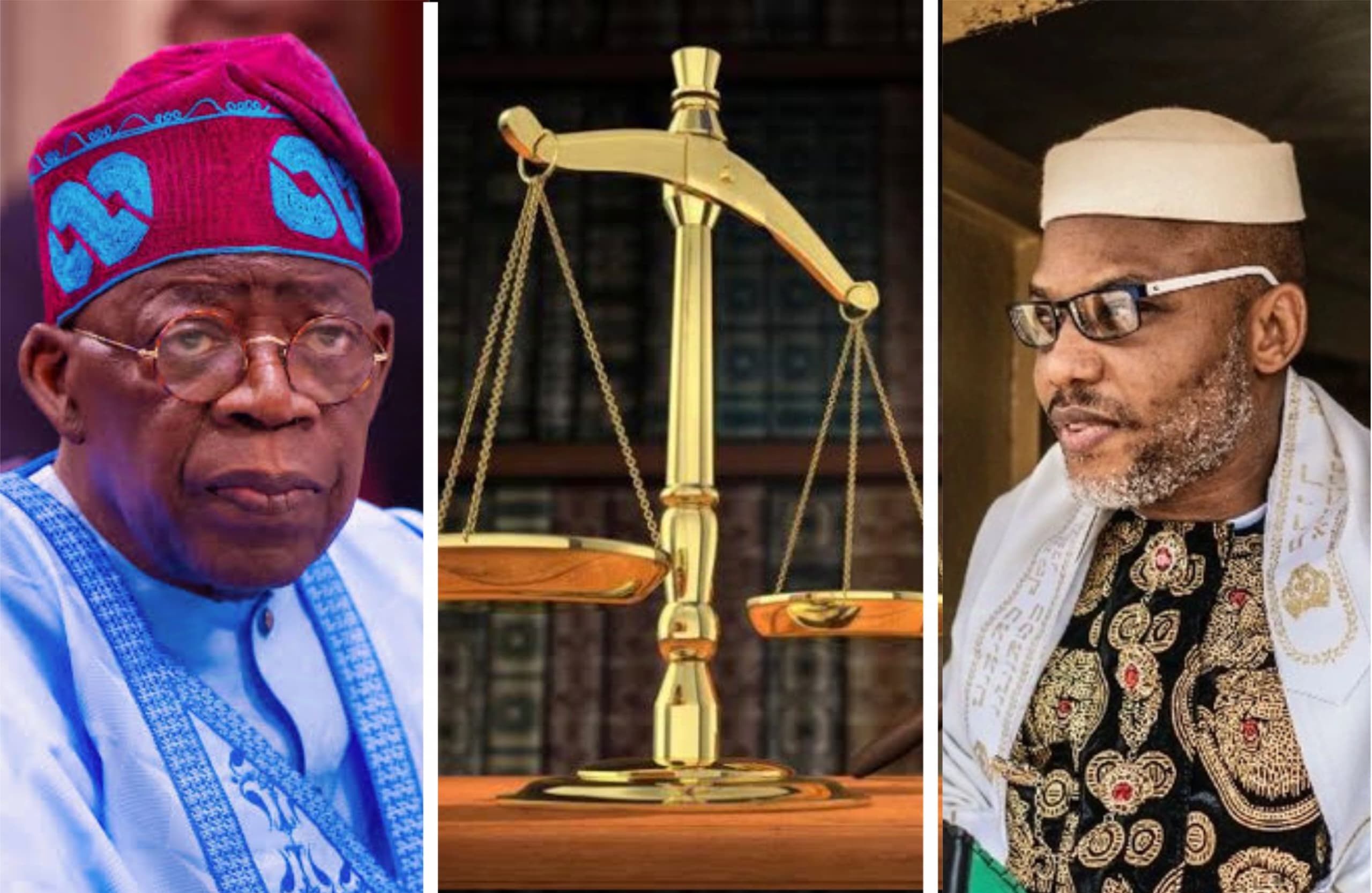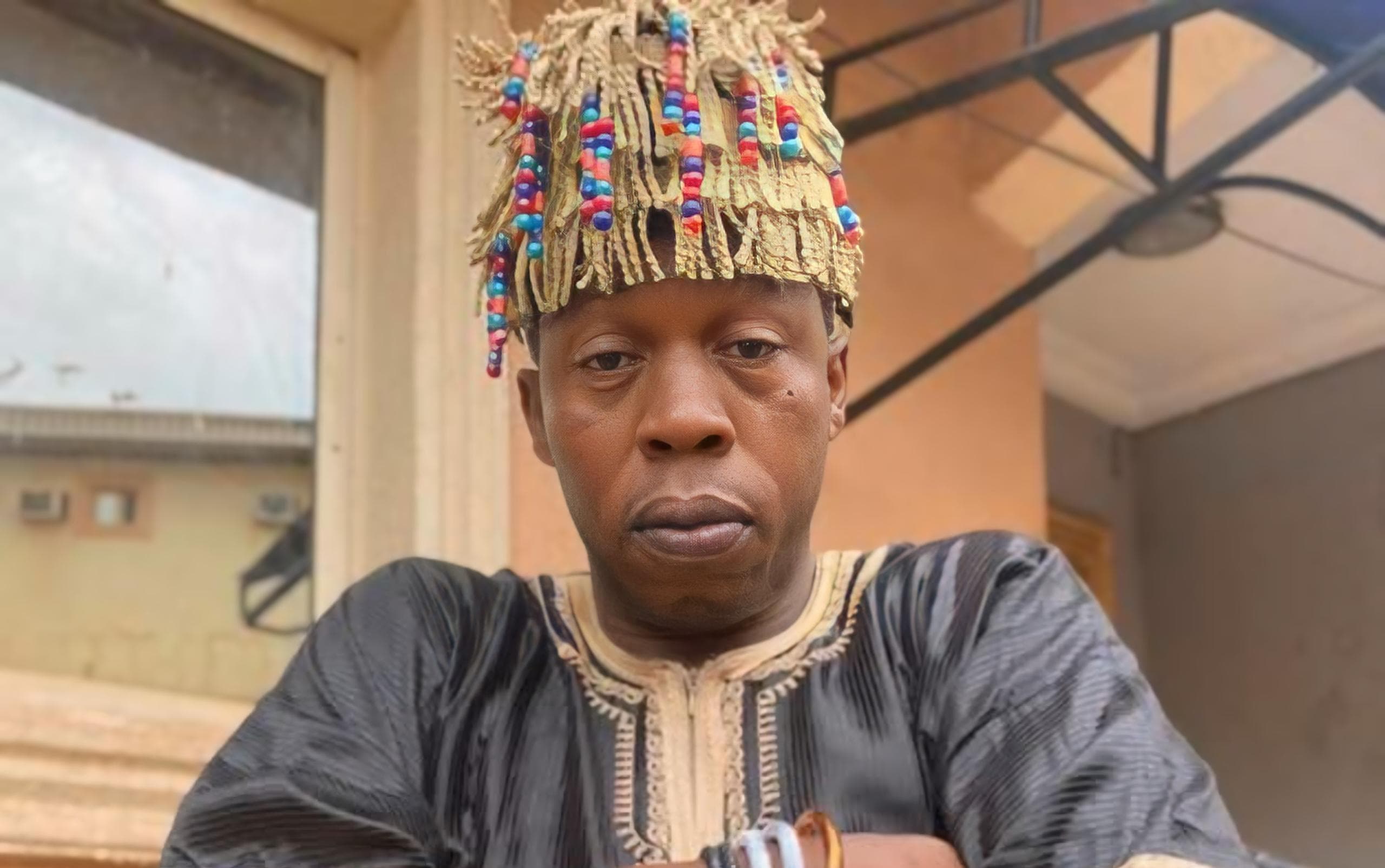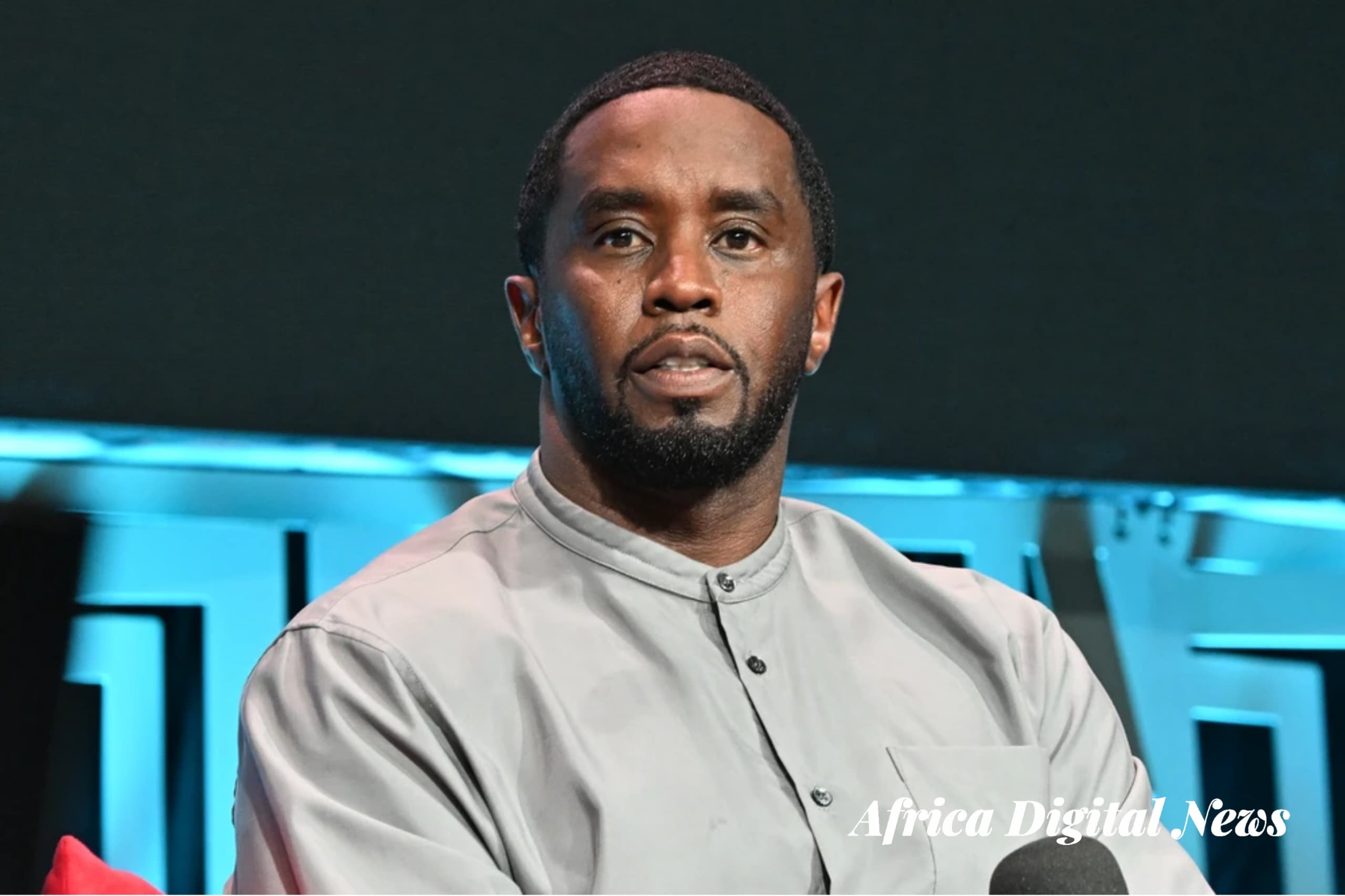As the November 2023 Governorship Poll in Imo State looms large, political analysts and citizens alike are grappling with a series of complex questions that will undoubtedly shape the state’s future. With a population of over 5 million people and an economy that serves as a vital hub for the oil and gas industry, Imo’s political stability is not just a local matter; it has reverberations that reach far beyond its borders.
At the intersection of politics, business, and international relations, one figure stands poised to offer invaluable insights into these multifaceted dynamics: Chief Better Joseph Ekeh. As Chairman of Adavinn Inn, Chief Executive of the renowned Alaowerri Restaurant in London, and Imo State’s representative tasked with attracting foreign investors from the UK and Europe, Chief Ekeh’s influence stretches across continents. His commitment to enhancing Imo State’s fortunes is palpable, not just in words but in concrete efforts that reflect his belief in the state’s potential.
With a GDP presently standing at an impressive $19.02 billion, Imo State commands a noteworthy position in Nigeria’s economic hierarchy. Ranked as the fourth largest economy in Nigeria, trailing only behind the financial powerhouses of Lagos State, Rivers State, and Akwa Ibom State, Imo’s economic prowess is not merely a statistical achievement but an evidence of its vibrant and diverse economic landscape.
On a per capita basis, the state’s GDP stands at an estimable $2,348, positioning it fourth in Nigeria—a reflection of both the opportunities and inherent challenges that define this burgeoning economy. Within these figures lies a complex narrative, one that paints a picture of a state teeming with potential, yet simultaneously grappling with the multifaceted challenges that often accompany rapid growth and development.
Imo’s achievements, as noteworthy as they are, present a paradox of prosperity and problem, success and struggle. The impressive economic rankings mask underlying issues that must be addressed if the state is to fully realise its potential. It’s a tale of a region on the rise, yet one that must carefully navigate the waters of modernisation, inequality, and governance to ensure that its growth is not only robust but also sustainable and inclusive.
The story of Imo State’s economy is far from complete; it’s an unfolding narrative filled with promise and pitfalls, a microcosm of Nigeria’s broader economic trajectory. In this rich tapestry, every thread, every number, and every ranking tells a part of a story that is as compelling as it is complex. Unemployment, especially among the youth, hovers at alarming rates, while the state’s potential for growth in areas such as agriculture, manufacturing, and technology continues to beckon. The administration of Governor Hope Uzodinma has been marred by controversy and notoriety, sparking heated debates about governance, transparency, and the rule of law.
Does Governor Uzodinma have what it takes to secure re-election, given his divisive reputation? How is the All Progressives Congress (APC), a party to which Chief Ekeh stands as a London-based chieftain, planning to navigate the stormy waters of political opposition and public sentiment? What are the tangible paths forward for economic growth, security, and social cohesion in a state that has seen its share of turmoil?
These are not mere theoretical queries; they are the real, urgent questions that define the present and future of Imo State. In a no-holds-barred discussion with Chief Ekeh, we will explore these issues in depth, drawing on his unique blend of local understanding and global perspective. His voice, enriched by years of entrepreneurial success and political involvement, offers a critical lens through which to examine the policies, personalities, and power dynamics that will determine Imo’s trajectory.
From the intricacies of attracting foreign investment to the nitty-gritty of party politics, from the challenges of youth unemployment currently estimated at 33% to the prospects for innovation and industrialisation, Chief Ekeh’s insights promise to shed light on a political landscape that is as promising as it is perilous.
Join us as we embark on this comprehensive exploration of Imo State’s present complexities and future possibilities, guided by a figure whose wisdom and experience are matched only by his passion for his home state’s progress and prosperity.
Governor Uzodinma’s notoriety has become a significant talking point in Imo State. What’s your candid assessment of his tenure, and how do you think it will influence the upcoming election?
Certainly, Governor Uzodinma’s tenure has been the subject of much debate and discussion, not only within Imo State but also across the national political landscape. It’s important, however, to approach this question with a balanced perspective that considers both the challenges and achievements of his administration.
Governor Uzodinma stepped into office at a time when Imo State faced a multitude of complex issues, ranging from economic development to security and governance. His administration has undertaken significant efforts to tackle these challenges head-on.
Read Also: Imo State’s $293M Debt: Time For Governor Uzodinma To Step Down
In the economic realm, for example, the state has seen growth in key sectors such as agriculture and technology, reflecting a commitment to diversifying the economy and creating sustainable opportunities for the people of Imo. Infrastructure projects, like road construction and improvement, have been initiated to enhance connectivity and foster business growth.
Regarding the issue of notoriety, it’s crucial to differentiate between perceptions that may be shaped by political opposition and the tangible actions and policies implemented by the governor. It’s not uncommon for political leaders to face scrutiny and criticism, especially when tough decisions must be made. What defines a leader’s true character and effectiveness, however, is how they respond to these challenges and continue to strive for the greater good of their constituents.
I believe the upcoming election will indeed be influenced by Governor Uzodinma’s tenure, but it’s essential for the electorate to approach their decision with an informed understanding of both the successes and the areas where improvements are still needed. The Governor’s commitment to long-term strategic planning, transparency in governance, and prioritisation of inclusive growth will likely resonate with many voters who are looking for a stable and visionary leadership.
While recognising that no administration is without its complexities, it’s my candid belief that Governor Uzodinma’s efforts to drive growth and stability in Imo State should not be overshadowed by polarised perceptions. The true measure of his impact will be seen in the sustained development, security, and prosperity of the people of Imo, and in this regard, his administration has laid some essential foundations that should be acknowledged and built upon.
With the controversies surrounding Governor Uzodinma, do you think he still stands a realistic chance at re-election? What would it take for him to win the trust of the electorate?
Indeed, the controversies surrounding Governor Uzodinma have led to a robust debate on his re-election prospects. However, it would be unwise to view these prospects solely through the lens of controversy. Politics, as you know, is a complex and multifaceted realm, and the decision-making process of the electorate often goes beyond singular issues or events.
Governor Uzodinma’s chances of re-election will likely depend on a confluence of factors. His administration has initiated several key projects and policies that have had a positive impact on the economy, infrastructure, and overall development of Imo State. Continuity in these efforts and tangible results in areas that affect the daily lives of the citizens could play a significant role in building trust and securing support.
To win the trust of the electorate, it’s imperative for the Governor to address the controversies openly and transparently, reaffirming his commitment to good governance and accountability. Engaging in constructive dialogue with opposition parties, civil society, and the general populace can foster an environment of inclusiveness and collaboration.
Furthermore, aligning his campaign with a clear and compelling vision for the future of Imo State, one that resonates with the aspirations and concerns of the people, can enhance his connection with voters. This should be complemented by a detailed roadmap that lays out how he plans to achieve his goals, particularly in areas like job creation, education, healthcare, and security.
Incidentally, politics is as much about perception as it is about policy. A concerted effort to communicate effectively with the public, dispelling misconceptions, and showcasing the administration’s successes could be vital in shaping a more balanced and favourable perception.
While acknowledging that Governor Uzodinma faces a challenging political landscape, I believe that his re-election is not only possible but achievable with the right strategy, focus, and genuine engagement with the people of Imo State. It will require concerted efforts on various fronts, but the potential for success is certainly within reach.
As an APC chieftain in London, can you provide some insight into how the party is planning to handle Governor Uzodinma’s reputation? What’s the party’s strategy to counter the opposition’s likely attacks?
the political landscape in Imo State is complex, and Governor Uzodinma’s reputation is a subject that’s being closely considered by the APC. While I cannot disclose specific details of the internal strategy, I can provide some general insights into our approach.
Firstly, the APC recognises that governance is a multifaceted responsibility, and it’s crucial to consider the full scope of Governor Uzodinma’s tenure rather than focusing solely on controversies. We are committed to presenting a comprehensive view of his administration’s accomplishments, including economic growth, infrastructure development, and the implementation of social programs that have positively impacted the lives of the people in Imo State.
In countering opposition’s likely attacks, the APC’s strategy will emphasise transparency, communication, and engagement. The party will work towards creating a narrative that is not just defensive but also proactive in showcasing the Governor’s vision, achievements, and plans for the future.
Furthermore, we plan to engage in robust dialogue with the electorate, actively listening to their concerns and responding with tangible solutions. The emphasis will be on what the Governor and the APC are doing to address the real issues that the people of All Progressives Congress (APC) face, rather than getting entangled in a war of words with the opposition.
In addition, the party will continue to uphold its core values and principles, advocating for responsible governance, accountability, and unity. We believe that our stance on these foundational values will resonate with voters and provide a compelling alternative to the opposition’s rhetoric.
In essence, our strategy is centred around the belief that political discourse should move beyond personal attacks and focus on policies, plans, and the welfare of the citizens. We will endeavour to present a positive and constructive path forward for Imo State, one that is rooted in tangible achievements and forward-thinking vision.
It’s worth noting that politics is ever-evolving, and strategies must be adaptable to the unique dynamics and challenges of each election cycle. Rest assured, the APC is committed to running a campaign that respects the intelligence of the voters and focuses on the substance of governance and the future of Imo State.
What are your predictions for the 2023 governorship election in Imo State? How do you see the political landscape shaping up, and what key factors will determine the outcome?
The upcoming 2023 governorship election in Imo State promises to be a pivotal and highly contested event, shaped by a complex interplay of factors.
First and foremost, voter sentiment will be central, with the electorate’s concerns, priorities, and needs defining the electoral battleground. Both Governor Uzodinma’s accomplishments and controversies, as well as the records of other candidates, will be under scrutiny. Trust and integrity will be key to winning voter confidence.
Party dynamics, including unity, messaging, and alignment with the electorate’s aspirations, will play a significant role. A clear and coherent approach will create a robust foundation, while internal fragmentation could hinder success.
Economic considerations, especially Imo State’s $19.02 billion GDP, will require candidates to present strategic plans for sustainable growth in key sectors like agriculture, manufacturing, and technology.
Security and the rule of law will also be focal points, with candidates needing to propose practical and reassuring strategies to uphold both. Campaign strategies, including voter engagement, technology use, clear communication, and structured campaigns, will be pivotal to electoral success.
External influences, such as alignment with national politics and broader political realities, will demand deft navigation. Candidates must strike a delicate balance between local needs and overarching considerations.
However, I am optimistic that my principal, Governor Uzodinma, will emerge victoriously to continue his second tenure. His vision and commitment to the state, combined with well-defined policies and a track record of engagement with the needs of the people, place him in a strong position to continue leading Imo State.
In summary, the 2023 Imo State governorship election will be a critical test of leadership, governance, and democratic values. It will reflect a rich and complex political tapestry, defined by economic, social, personal, and political considerations. The ability to articulate a compelling vision for Imo State, backed by realistic policies and resonating with the people’s real needs and aspirations, will likely determine the outcome. It may well set the course for Imo State’s future trajectory, representing both its current challenges and its potential for growth and development.
What’s your assessment of the opposition in Imo State? How well-equipped are they to challenge Governor Uzodinma, and what do you think their main line of attack will be?
The opposition in Imo State indeed holds a pivotal position in the democratic fabric, consistently providing counterpoints to the reigning administration’s narrative. Their effectiveness in mounting a challenge against Governor Uzodinma in the upcoming elections will be largely determined by their cohesiveness, the leadership they present, their economic and social roadmaps, and their ability to constructively critique while connecting at the grassroots level.
As we navigate the political landscape, it’s evident that the opposition might centre their critique on perceived inadequacies of the current administration. Offering viable alternatives and maintaining high ethical standards will be pivotal in bolstering their stance.
That said, Governor Uzodinma’s steadfast vision, unwavering commitment to the rule of law, and alignment with the needs and aspirations of the Imo people ensure he remains a formidable contender. The upcoming election is poised to be a tight race, reflecting the vibrancy and depth of Imo State’s democratic ethos. It’s an exciting time, and as a political observer, I am keenly watching as events unfold, always with the hope that the best interests of the Imo people will be served.
As Imo State’s representative in the UK and Europe, how are you strategising to attract foreign investors despite the political climate? How do you plan to build confidence in Imo’s potential?
In my role as Imo State’s representative in the UK and Europe, our strategy to appeal to foreign investors centres around a multi-pronged approach that emphasises Imo’s vast potential, regardless of the political narrative.
Primarily, we’re championing the diverse sectors in Imo State, from agriculture to technology, ensuring investors see the tangible opportunities available. By nurturing robust relationships with international business communities and chambers of commerce, we’re cultivating a supportive network for investment. Moreover, we’re simplifying investment procedures, providing clear guidance on regulatory landscapes, and spotlighting the successes of existing foreign ventures in Imo. Transparency is key: addressing potential concerns head-on allows us to frame challenges as surmountable, with proactive solutions in place. Tapping into the strength of the Imo diaspora community in Europe offers a rich reservoir of connections and insights. And, not to be underestimated, cultural exchanges have proven invaluable, allowing us to weave business conversations into shared heritage experiences.
Despite any political challenges, our unwavering focus remains on highlighting Imo State’s vibrant promise, bridging gaps, and building enduring partnerships that translate into tangible investments.
Youth unemployment has been a significant issue in Imo State. How should the government address this challenge, and what’s your take on youth involvement in the political process?
Youth unemployment in Imo State is a pressing concern, one which intertwines deeply with the broader socio-economic fabric of our community. To tackle this, I believe we need a multi-dimensional approach. At the core, there’s an urgent need to revitalise our educational framework to ensure it aligns with global standards and market needs. Simultaneously, we should empower young innovators through supportive platforms like innovation hubs, making entrepreneurship less daunting and more accessible. Partnership models with the private sector can be a game-changer here; they can drive apprenticeships and facilitate smoother transitions into the workforce.
But beyond just employment, there’s a larger narrative. Our youth are not just tomorrow’s workforce; they’re tomorrow’s leaders. It’s pivotal they are ingrained in the political process now. Active participation will infuse fresh perspectives into our political fabric and ensure that their voices aren’t just tokenistic mentions, but active contributors in decision-making. Encouraging them to lead community projects can serve dual purposes: it provides them with experience and cultivates a sense of societal responsibility.
As we look ahead, strategic policies are vital to ensure these aren’t fleeting changes but are institutionalised, reflecting our commitment to the youth. With the direction Governor Uzodinma is taking, I’m optimistic about a future where our young people aren’t seen as problems to be solved but assets to be harnessed.
Security has been a concern in various parts of Nigeria, including Imo State. How should the state government approach this issue, and what role should the federal government play?
Security is indeed a critical concern, not just in Imo State but across Nigeria. The situation demands a collaborative and integrated approach. On the state level, there must be a concerted effort to engage with communities, fostering trust and cooperation to ensure effective intelligence gathering. We must strengthen our security forces through proper training, equipment, and support, coupled with leveraging technological advancements for better surveillance and response.
The underlying social and economic factors must be addressed, such as unemployment and poverty, which often fuel unrest. Legal reforms and a more transparent justice system are also key to enhancing public trust and effectiveness in dealing with security matters.
As for the federal government’s role, it should be one of collaboration and alignment with national security strategies. Coordinating with federal agencies, sharing intelligence, and working together on common goals can create a unified front against the security challenges. Transparency and accountability must run through all these efforts.
Addressing security in Imo State requires a multi-dimensional strategy that involves both state and federal governments, engaging various facets such as community, legal system, economy, technology, and a shared vision of safety and stability. It’s a complex task, but one that I believe we are well-equipped to handle.
Looking beyond the election, what’s your vision for the future of Imo State? What steps should be taken to ensure stability, growth, and prosperity for all its citizens?
The future of Imo State resides in a multifaceted vision that embraces economic diversification, infrastructural fortification, social empowerment, and responsible governance. We must cultivate our untapped potentials in agriculture, technology, and tourism while ensuring the growth of small and medium-sized enterprises. A thriving Imo State must also be built on a foundation of robust infrastructure that isn’t limited to physical construction but also extends to digital connectivity.
Quality education and healthcare remain non-negotiable. They are the cornerstones of a society that wishes to move forward cohesively. Additionally, our prosperity must be inclusive; women, youth, and marginalised communities must have fair access to opportunities, and there must be protections for our most vulnerable.
Governance is another pivotal area; stability and growth hinge on transparency, accountability, and the rule of law. As we innovate and grow, we must also ensure that our natural heritage is preserved through sustainable practices. Lastly, as the representative of Imo State in the UK and Europe, I see an open door for foreign investments, and I believe in building strong bridges that will attract international partners.
In essence, my vision for Imo State is not merely an aspiration but a roadmap, founded on harmony, growth, innovation, and inclusiveness. I’m optimistic that under the guidance of Governor Uzodinma, we are well on our path towards a future that resonates with the promise and potential of Imo State.
Africa Digital News, New York, extends our deepest gratitude to you, Chief Better Joseph Ekeh for granting us this unfiltered and enlightening dialogue. Your insights have provided invaluable perspectives on the multifaceted dynamics that shape Imo State’s present and future. We thank you for sharing your wisdom and experience, which promise to resonate with readers seeking a profound understanding of the complex political landscape. It has been an honour to engage with a figure of your stature, whose dedication and passion for Imo’s progress and prosperity are both inspiring and instructive.
It has been a privilege to engage in this in-depth conversation with Africa Digital News, New York. I appreciate the opportunity to share my thoughts and perspectives on the matters that shape our beloved Imo State. I believe that dialogues such as these are essential in building understanding and fostering collaboration across different spheres of society. Your thoughtful questions reflect the commitment of your platform to deliver comprehensive and detailed insights to your readers. Thank you for considering my voice in this significant discourse. Together, we can continue to work towards a progressive, prosperous, and unified future for Imo State and Nigeria at large.










